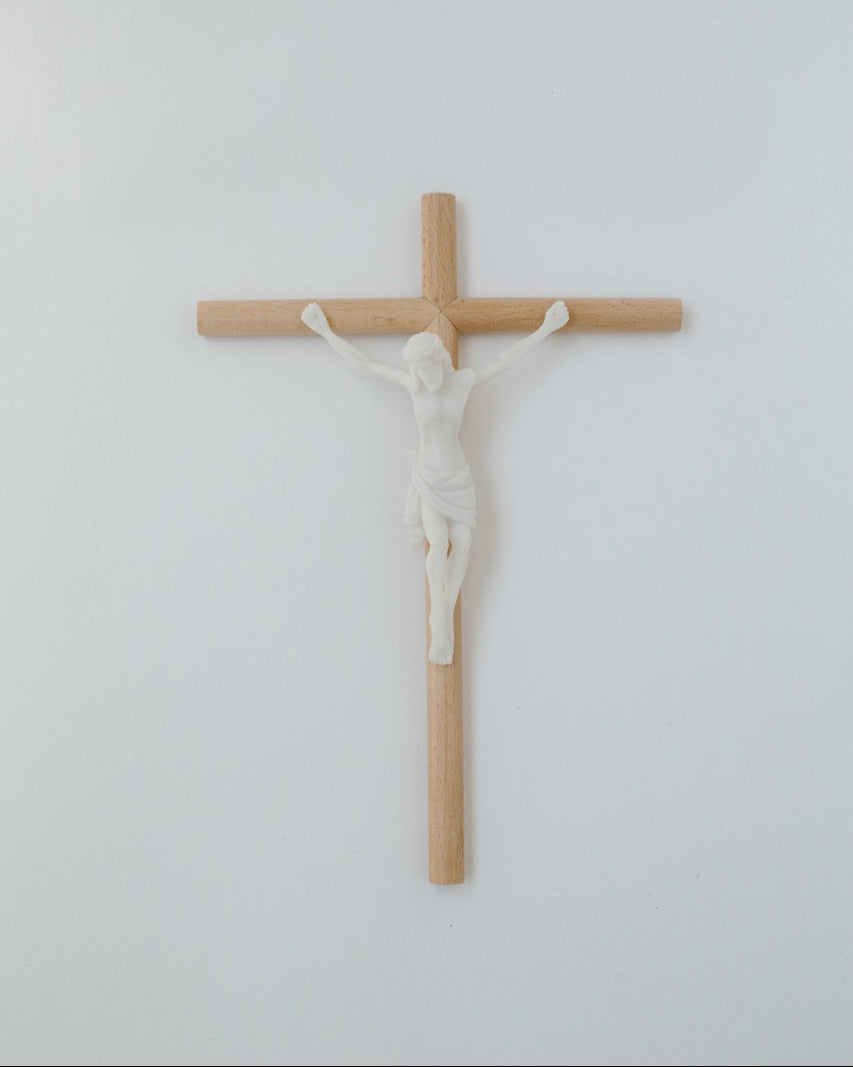Corpus Christi, a Latin term meaning “Body of Christ,” is a deeply significant feast day in the Catholic Church. Celebrated annually on the Thursday after Trinity Sunday, it honors the Eucharist and the real presence of Jesus Christ in the consecrated bread and wine. Understanding this feast’s roots, its celebration, and its deeper spiritual meaning helps us appreciate the importance of the Eucharist in the Catholic faith.
The History of Corpus Christi
The origin of Corpus Christi dates back to the 13th century, when a nun named Juliana of Liège received visions from God, urging the Church to establish a feast in honor of the Blessed Sacrament. Pope Urban IV instituted the feast in 1264, following a Eucharistic miracle in Orvieto, Italy. This miracle confirmed the real presence of Christ in the Eucharist when the consecrated host began to bleed. Corpus Christi was officially declared a universal feast, and it’s now celebrated worldwide.
The feast of Corpus Christi is a testament to the Catholic Church’s belief in the true presence of Christ in the Eucharist. Unlike many Christian denominations, Catholics believe that the bread and wine used in the celebration of the Mass become the actual Body and Blood of Christ. This is a sacred mystery that draws us closer to Christ and strengthens our faith.

How Catholics Celebrate Corpus Christi
While the feast is observed with Mass, many parishes also hold Eucharistic processions. During these processions, the Blessed Sacrament is carried through the streets, often accompanied by prayers and hymns. This public demonstration of faith is a powerful way for Catholics to give witness to the real presence of Christ in their lives.
-
Eucharistic Processions
Eucharistic processions on Corpus Christi often involve the faithful gathering in the church, where the Eucharist is placed in a monstrance. The procession follows, with participants praying and singing hymns in honor of Christ’s Body and Blood. These processions remind us that the Eucharist is not just for private consumption but for the whole world, meant to nourish and strengthen all who partake in it. -
Adoration of the Blessed Sacrament
On this feast day, many churches host Eucharistic adoration, where the faithful can spend time in quiet prayer before the Blessed Sacrament. This practice allows Catholics to reflect on the immense gift of the Eucharist and deepen their personal relationship with Christ.

Spiritual Significance of Corpus Christi
Corpus Christi isn’t just a liturgical celebration; it’s an invitation to deeper spiritual reflection. As Catholics, the Eucharist is the source and summit of our faith. It’s in the Eucharist that we encounter Christ in the most intimate way, receiving His Body and Blood as spiritual nourishment.
The feast day serves as a reminder of the Eucharist’s central role in the life of every Catholic home. It invites us to reflect on how we can make the Eucharist more central to our daily lives—whether that means attending Mass more regularly, partaking in Eucharistic adoration, or offering our lives as a living sacrifice, just as Christ did for us.







